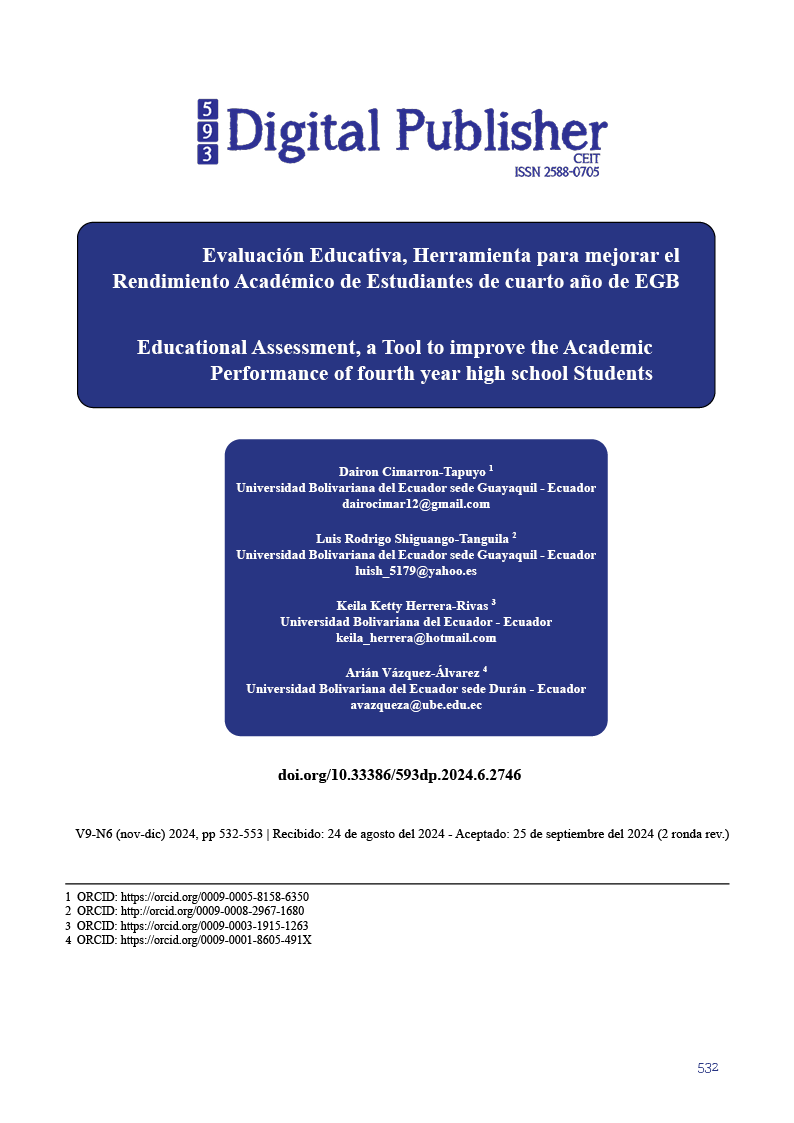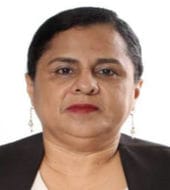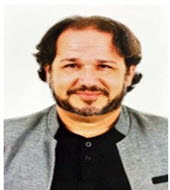Educational Assessment, a Tool to improve the Academic Performance of fourth year high school Students
Main Article Content
Abstract
Educational assessment in elementary education can be an effective tool for transforming traditional pedagogical practices by promoting more meaningful learning adapted to the individual needs of students in a dynamic and constantly evolving educational context. This study investigates the impact of educational assessment on the academic performance and motivation of students in the fourth year of Elementary General Basic Education in a rural Ecuadorian educational unit. Deficiencies were identified in traditional evaluative practices, which focused on memorization and did not encourage critical thinking and creativity. A formative evaluation strategy was designed and implemented based on playful and participatory activities, such as role-playing, contests and field expeditions, focused on self-evaluation and feedback. The sample included 20 students, 7 teachers and a director of the Intercultural Bilingual Educational Unit "Hercilio Pianchiche Orejuela". Pretest and posttest results were compared using nonparametric tests, which provided statistical evidence of significant improvements in students' motivation and academic performance, with a notable increase in the "Consistent" and "Advanced" levels. The expert evaluation validated the feasibility, relevance and flexibility of the strategy, with a concordance coefficient of 0.9, although improvements in gamification and the use of local materials were suggested. The study concluded that the implementation of innovative and participatory educational assessments can significantly improve students' motivation and academic performance.
Downloads
Article Details

This work is licensed under a Creative Commons Attribution-NonCommercial-ShareAlike 4.0 International License.
1. Derechos de autor
Las obras que se publican en 593 Digital Publisher CEIT están sujetas a los siguientes términos:
1.1. 593 Digital Publisher CEIT, conserva los derechos patrimoniales (copyright) de las obras publicadas, favorece y permite la reutilización de las mismas bajo la licencia Licencia Creative Commons 4.0 de Reconocimiento-NoComercial-CompartirIgual 4.0, por lo cual se pueden copiar, usar, difundir, transmitir y exponer públicamente, siempre que:
1.1.a. Se cite la autoría y fuente original de su publicación (revista, editorial, URL).
1.1.b. No se usen para fines comerciales u onerosos.
1.1.c. Se mencione la existencia y especificaciones de esta licencia de uso.
References
Arredondo Domínguez, E. R., Gómez Cárdenas, R. E., Lalama Flores, R. V., & Chóez Chóez, L. O. (2020). Investigación científica y estadística para el análisis de datos. Dilemas Contemporáneos: Educación, Política y Valores, 8(1). https://doi.org/10.46377/dilemas.v8i1.2411
Barba-Martín, R. A. (2020). Desarrollo de un enfoque pedagógico crítico en la formación inicial del profesorado para romper con la evaluación tradicional en Educación Infantil. Publicaciones, 50(1), 207–227. https://doi.org/10.30827/publicaciones.v50i1.15975
Brown, G. T. L. (2022). The past, present and future of educational assessment: A transdisciplinary perspective. Frontiers in Education, 7. https://doi.org/10.3389/feduc.2022.1060633
Cadena-Iñiguez, P., Rendón-Medel, R., Aguilar-Ávila, J., Salinas-Cruz, E., Cruz-Morales, F. D. R. D. L., & Sangerman-Jarquín, D. M. (2017). Métodos cuantitativos, métodos cualitativos o su combinación en la investigación: un acercamiento en las ciencias sociales. Revista Mexicana de Ciancia Agricola, 8(7), 1603-1617.
Demir, M. (2021). Alternative Assessment Methods in Primary Education: Review and Future Directions. En Kiray & Tomevska-Ilievska (Eds.) Current Studies in Educational Disciplines, 227. ISRES Publishing.
Domínguez-Rodríguez, Y. (2022). Instrumentos y tipos de evaluación. Con-Ciencia Serrana Boletín Científico de la Escuela Preparatoria Ixtlahuaco, 4(7), 37-39.
Ecuador. Ministerio de Educación. (2013). Reglamento General a la Ley Orgánica de Educación Intercultural. https://educacion.gob.ec/wp-content/uploads/downloads/2017/02/Reglamento-General-a-la-Ley-OrgAnica-de-Educacion-Intercultural.pdf
Ecuador. Ministerio de Educación. (2019). Instructivo para la aplicación de la evaluación estudiantil. https://educacion.gob.ec/wp-content/uploads/downloads/2016/07/ Instructivo-para-la-aplicacion-de-la-evaluacion-estudiantil.pdf
Espinoza Freire, E. E. (2020). La investigación formativa. Una reflexión teórica. Conrado, 16(74), 45-53.
Galton, M., & Simón, B. (2023). Progress and performance in the primary classroom. Routledge.
Hannigan, C., Alonzo, D., & Oo, C. Z. (2022). Student assessment literacy: indicators and domains from the literature. Assessment in Education, 29(4), 482–504. https://doi.org/10.1080/0969594x.2022.2121911
Haretche, C., & Palamidessi, M. (2021). Validation Processes of the National Assessment of Educational Achievements—ARISTAS: The Experience of the INEED (Uruguay). In Springer eBooks (pp. 117–143). https://doi.org/10.1007/978-3-030-78390-7_6
Iño Daza, W. G. (2018). Investigación educativa desde un enfoque cualitativo: la historia oral como método. Voces de la Educación, 3(6), 93–110.
Karaman, P. (2021). The Effect of formative assessment Practices on Student Learning: A Meta-Analysis Study. International Journal of Assessment Tools in Education, 8(4), 801–817. https://doi.org/10.21449/ijate.870300
Larrosa, M., Wives, L., & Rodés, V. (2023). Gamification Strategies as Formative Assessment Methods. A Systematic Review. In Lecture notes in educational technology (pp. 145–156). https://doi.org/10.1007/978-981-99-7353-8_12
Lopez-Lozano, L., & Ramírez, E. S. (2020). Una investigación sobre la evolución del conocimiento didáctico del profesorado sobre la evaluación en Ciencias. EnseñAnza De Las Ciencias/Enseñanza De Las Ciencias, 38(1), 87–104. https://doi.org/10.5565/rev/ensciencias.2755
Meylani, R. (2024). A comparative analysis of traditional and modern approaches to assessment and evaluation in education. Batı Anadolu EğItim Bilimleri Dergisi. https://doi.org/10.51460/baebd.1386737
Murphy, S., & Ferrara, S. (2023). The Future of Educational Assessment. Cognia. https://www.cognia.org/wp-content/uploads/2022/05/The-Future-of-Educational-Assessment-White-Paper.pdf
Ogbeide-Akugbe, M., Igiekhume, I. A., & Elamah, A. N. (2022). ROLES OF CONTINUOUS ASSESSEMENT PATICIPATION IN STUDENTS ACADEMIC PERFOMANCE. https://aaujbe.com.ng/index/index.php/aaujbe/article/view/10
Peralta, A. L. C., & Saavedra, E. M. L. (2021). Breve revisión conceptual sobre la evaluación de los resultados académicos en el sistema educativo. Revista Científica FAREM Estelí, 36–48. https://doi.org/10.5377/farem.v0i0.11606
Said, P. D. (2021). Probability and. Non-Probability Sampling - an entry point for undergraduate researchers. https://papers.ssrn.com/sol3/papers.cfm?abstract_id=3851952
Siedlecki, S. L. (2020). Understanding descriptive research designs and methods. Clinical Nurse Specialist, 34(1), 8-12. https://doi.org/10.1097/NUR.0000000000000493
Tamayo, J. M., & Toapanta, J. C. V. (2019). La evaluación formativa: Interpretación y experiencias. Mikarimin. Revista Científica Multidisciplinaria, 5(1), 01-08.
Tapia, P. T. C., Soria, J. E. Y., Vásquez, M. C. S., Robayo, D. A. C., & Moposita, C. M. S. (2023). Evaluación formativa y sumativa en el Proceso Educativo: Revisión de Técnicas Innovadoras y sus efectos en el Aprendizaje Del Estudiante. Ciencia Latina Revista Científica Multidisciplinar, 7(2), 1478-1497.
Tirado-Olivares, S., González-Calero, J. A., Cózar-Gutiérrez, R., & Toledano, R. M. (2021). Gamificando la Evaluación: Una Alternativa a la Evaluación Tradicional en Educación Primaria. Revista Electrónica Iberoamericana Sobre Calidad, Eficacia Y Cambio En EducacióN, 19(4). https://doi.org/10.15366/reice2021.19.4.008
Yang, L., & Xin, T. (2022). Changing educational assessments in the Post‐COVID‐19 era: from assessment of learning (AOL) to assessment as learning (AAL). Educational Measurement, 41(1), 54–60. https://doi.org/10.1111/emip.12492





